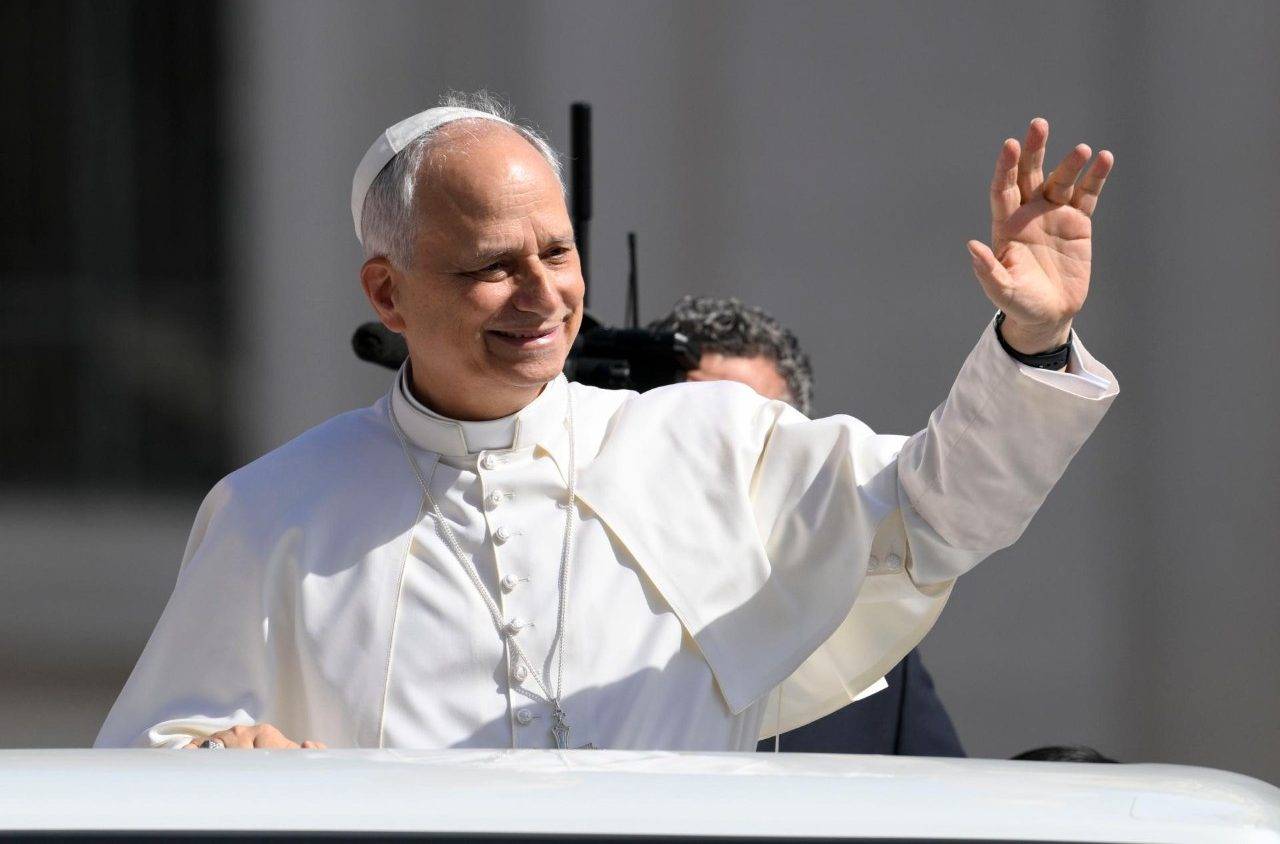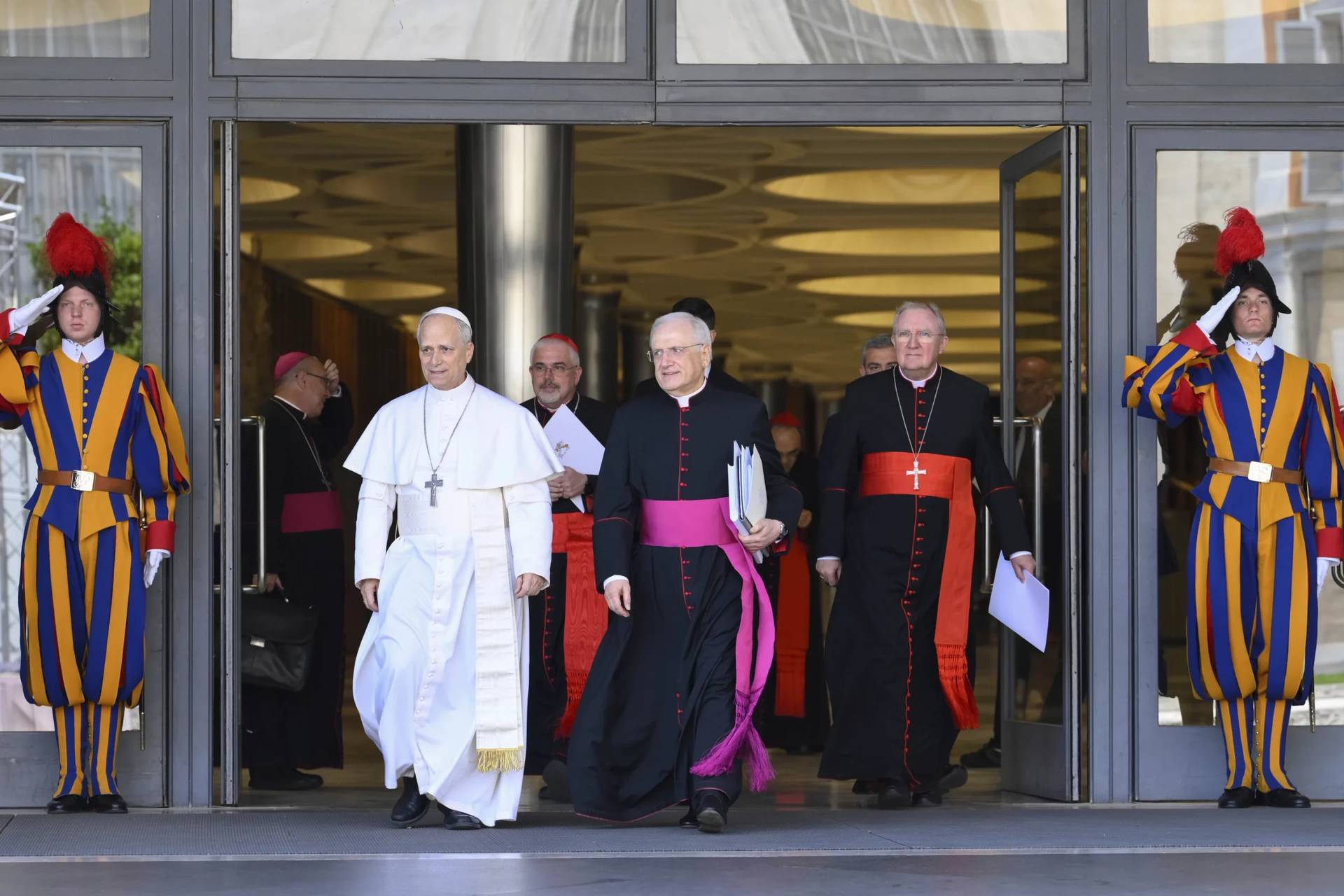I hope you caught the Crux piece yesterday by Claire Giangravé about a lay Catholic organization in Sicily, whose lay leader and three other top officials have been arrested and charged with sexual abuse of minor girls. It’s a powerful tale, part of a series based on original reporting, and cements Giangravé’s reputation as a terrific journalist.
Let me say, we take no delight in telling these stories. However, as Cardinal Sean O’Malley of Boston, who heads the pope’s Pontifical Commission for the Protection of Minors, never tires of reminding us, whenever sexual abuse occurs, inside or outside the Church, it’s a “dark and unremitting truth” that must be confronted.
In terms of details, the story is mind-numbingly complicated, and Giangravé does an admirable job of unpacking it. At the big-picture level, however, it’s actually fairly simple.
When charges of doctrinal and behavioral aberrations inside the group in Sicily first arose in the late 1970s, the bishop of the local Diocese of Acireale made a strenuous effort to crack down, issuing a series of prohibitions and restrictions and sending the priest who founded it, who himself never has been accused of sexual abuse, packing to a different destination.
Instead of going away, the group reinvented itself under a new name, the vaguely-worded “Catholic Culture and Environment Association,” registered itself legally as a civil entity, and got back to business as usual, even continuing to meet in the same local parish. To this day, it enjoys no formal recognition either from the Vatican or the diocese, and, ever since, a layman has had the reins.
Four bishops have come, and three of them gone, in Acireale since that 1978 intervention, and essentially took no further action, apparently concluding that since the group has no official ties to the Church and is not overseen by a priest, the bishop has no further role to play. None has ever issued a public statement denouncing the group, or tried to impose any further discipline.
While the accused parties await trial, a police probe is ongoing, as is Giangravé’s reporting series, and we’ll have to stand by for further developments. In the meantime, seen through Church eyes, the situation raises an obvious, and critical, question.
Here it is: When an outfit exists in a diocese, calling itself “Catholic” and meeting in a parish; when rumors of abuse, misconduct, or suspect doctrines or rituals circulate; and when the group stubbornly refuses any effort at oversight or quality control; in that case, what’s a bishop to do?
Although the Diocese of Acireale repeatedly has declined to comment, beyond expressing compassion for the alleged victims and reiterating that the group is civil in nature, it seems clear it believes it did everything in its power, and beyond that, it’s for the police and civil authorities to respond.
One understands the logic of the position. If bishops were held responsible for every rogue individual or group calling itself “Catholic,” or claiming to be somehow rooted in Catholic faith and spirituality – every underground exorcist, every purported visionary, every band of peace activists that breaks into a weapons factory and pours blood on everything while reciting the rosary – where would it end?
Aside from the Bishop of Rome, individual bishops aren’t infallible, let alone omnipotent!
On the other hand, reasonable people may conclude that silence, in this case, signified consent. If a group is using the word “Catholic” in its name, as this one does, and it’s meeting regularly in one of the diocese’s parishes, then ordinary believers probably could be forgiven for not sweating the legal fine print.
In fact, Canon 216 of the Code of Canon Law says, “No undertaking is to claim the name Catholic without the consent of competent ecclesiastical authority.” (Although as anyone familiar with “Catholics for Choice” might guess, it’s not always easy to enforce.)
Many may have concluded that the “Catholic Culture and Environment Association” somehow must be okay with the Church, and that was enough.
Further, this wasn’t just a lone individual, but a movement of some 5,000 members.
Some canon lawyers would argue that in such a situation, the bishop is obliged to make it publicly clear that the group has no affiliation with the Catholic Church, and that faithful are advised to stay away until it accepts ecclesiastical oversight and remedies any perceived failures to the bishop’s satisfaction.
Further, the group certainly could have been banned from meeting on parish grounds. Ultimately, the bishop has the final say on what happens on Church property in his diocese. If he tells somebody to stay away, they don’t have any choice – and if they persist, the pastor or the bishop’s aides would be well within their rights to call the police for an eviction.
That, of course, would be a powerful statement of disapproval in itself.
Finally, of course, a bishop might have flagged the rumors about the group for the attention of the local police. Right now we don’t know if that ever happened, even informally, and, if it did, what the police response at the time might have been.
The bottom line, according to Father Francis Morrisey, a Canadian expert on canon law, is, “I am not sure [the diocese] can simply wash its hands.”
Of course, charges are not the same thing as convictions, and we’ll have to be patient as the criminal justice system takes its course – in Italy especially, that can take a while. However, on the grounds of “safety first,” it’s still legitimate to question whether more should have been done to disassociate the Church from the group, or whether the bishops did everything one could reasonably ask.
That conversation probably will mount, as more details emerge. For now, I’ll just add this: Personally, the whole sad saga in Sicily amounts to reason #114 that I thank a merciful God, every day, I’m not a bishop.















